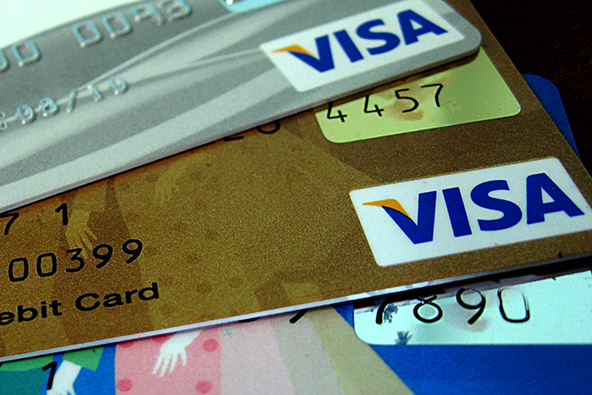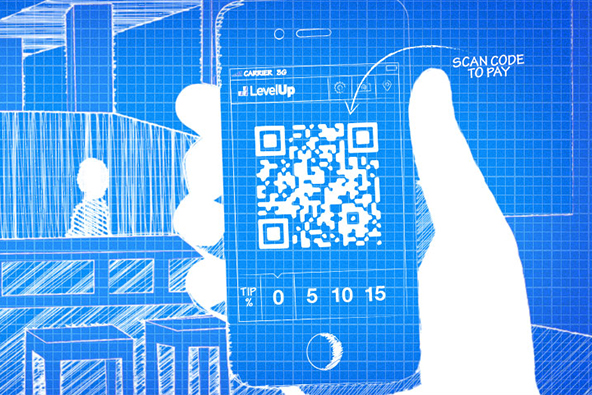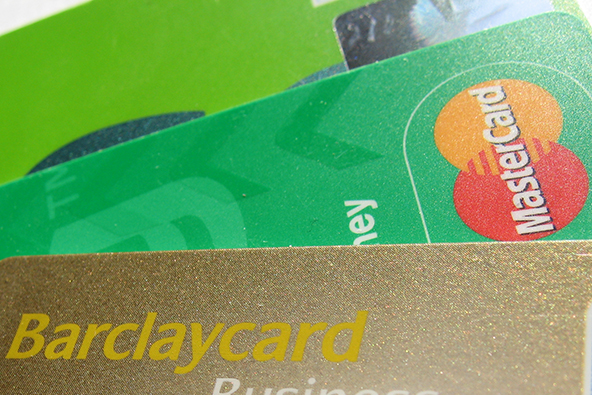Twitter to Merge with Square?

Twitter and Square could merge some of the two services’ functionalities, Jack Dorsey, the co-founder of the 4-year old social micro-blog and the new mobile credit card acceptance platform, said at a conference in Dublin.
Dorsey was attending the Dublin Web Summit, where 600 executives from technology companies gathered to talk about business opportunities.
Dorsey is no longer involved in day-to-day operations at Twitter, focusing instead on Square, which went live last week after several months of beta-testing involving 50,000 users in the U.S.
Square enables consumers to accept credit card payments by swiping their customers’ credit cards through a small square (hence the name) card reader that plugs into the phone’s audio outlet. Once the card is swiped and the payment authorized, the cardholder signs a sales receipt on the phone’s screen to complete the transaction. The sales receipt can then be emailed or texted to the cardholder. Currently Square works on the iPhone, iPod and some Android devices.
Dorsey believes that Square’s potential is huge and expects the start-up’s processing volumes to exceed $1 billion in 2011. “I’m only interested in building large impactful companies,” he said at the Web Summit. “It has potential to match if not surpass Twitter’s growth.” Square is currently shipping 10,000 card readers per month.
By Dorsey’s own admission, his latest project has met with a lot of skepticism by the financial services industry and that’s not at all surprising. Square’s business model is simply different. Moreover, it is one traditional processors have deliberately stayed away from.
First, there is the issue that existing credit card processing services are largely inaccessible to consumers. Right now, you can only apply for a merchant account – the generic term for a credit card acceptance service – as a business entity, either an incorporated one or at least a sole proprietorship. Square, on the other hand, lets individuals accept payments, after checking their credit history.
Moreover, Square charges no monthly fees and there is no long-term contract. That is great for both consumers and most small businesses that may only accept a credit card payment once or twice a month. Typically, traditional processors charge at least one fixed monthly fee (about $10 on average), place a monthly processing minimum requirement ($15 – $40), which works as a fee if you don’t reach a specified transaction volume, and require a long-term commitment (two years is the industry norm, but it can be longer than that). So if you only used your merchant account to accept a credit card payment for a couch you sold for $75 on Craigslist, you may end up paying $25 or more in monthly fees, provided you got approved for the service in the first place, which is doubtful.
That is the reason why Square can get away with charging rather high processing fees. At 2.75% + $0.15 per transaction (or 3.50% + $0.15 if you key-entered the payment information), Square’s fees are about 40% higher than the industry average (about 1.65% + $0.20). Yet, if using Square, you would only pay about $2.21 for selling your $75 couch on Craigslist, even at such high processing rates.
So to traditional payment processors Square is not necessarily a competitor, not for the time being that is. They are going after a market segment that is currently underserved, to put it mildly. There already is plenty of competition to fill this niche, coming mostly from a seemingly incessant stream of start-ups working on wildly diverging concepts, but plenty of established companies are entering the fray as well. A year or two from now one of them will be well on its way to becoming the PayPal of mobile payments. It is too early to say who will win the race, but the payoff will be huge.
Image credit: Squareup.com.


